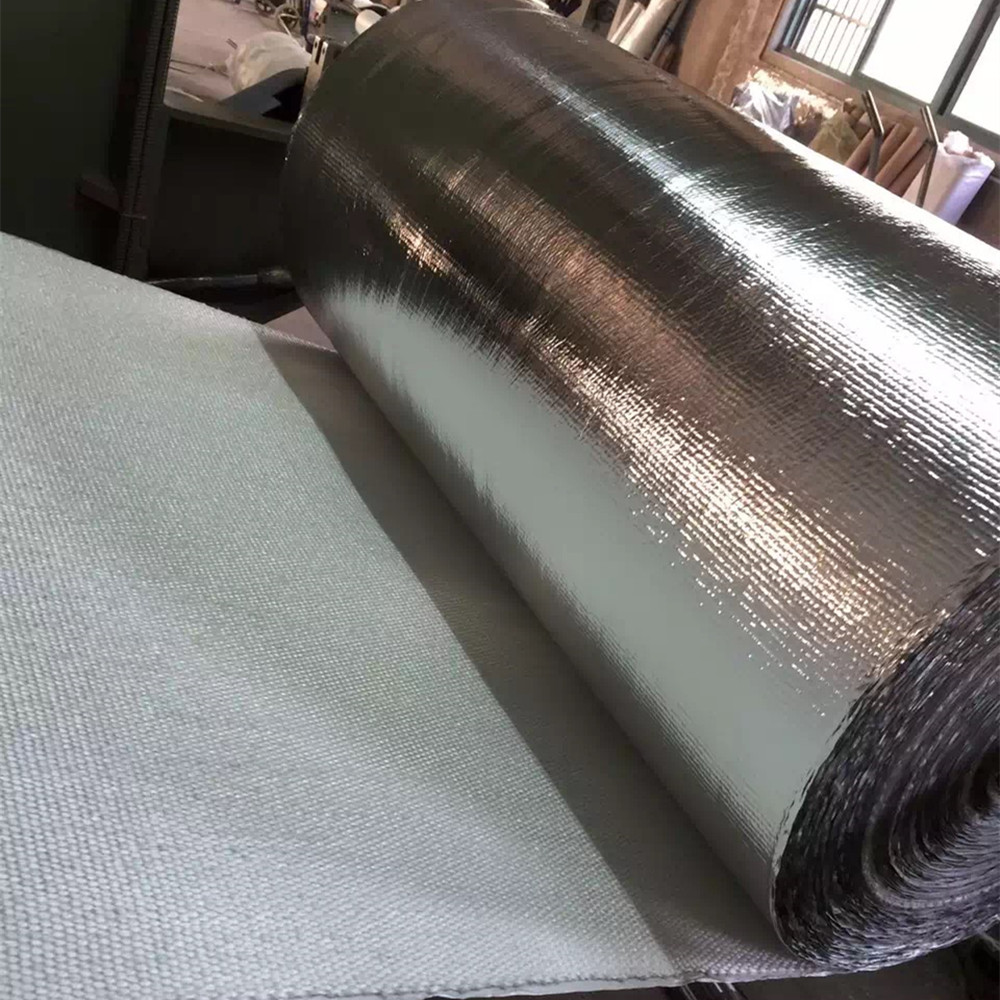- Silicone Coated Fiberglass Fabric
- Fiberglass Welding Blanket Rolls
- Nylon Sleeve Hose Protector
- Hydraulic Hose Protection Sleeve
- Nylon Protective Sleeve for hose
- Hydraulic Hose Protective Fire Sleeve
- Fire Sleeve for Hose
- Hose Protective Fire Sleeve
- Ceramic Fiber Tape
- Fiberglass Needle Mat With Aluminium Foil
- NINGGUO BST THERMAL PRODUCTS CO., LTD.
- Mail Us: vanessa-cheng@live.cn
- Call Us: +86 15856303740















 IPv6 network supported
IPv6 network supported 